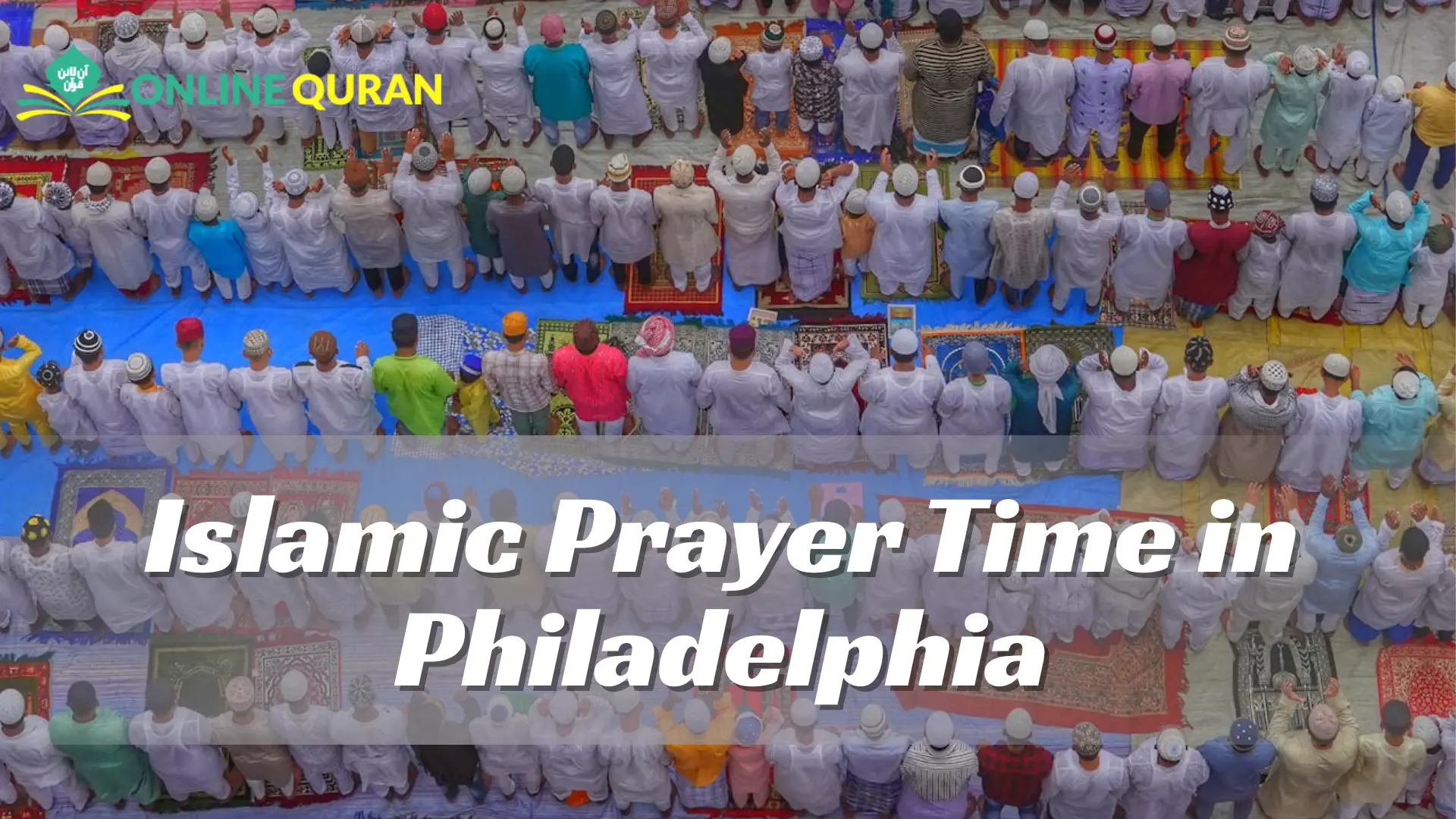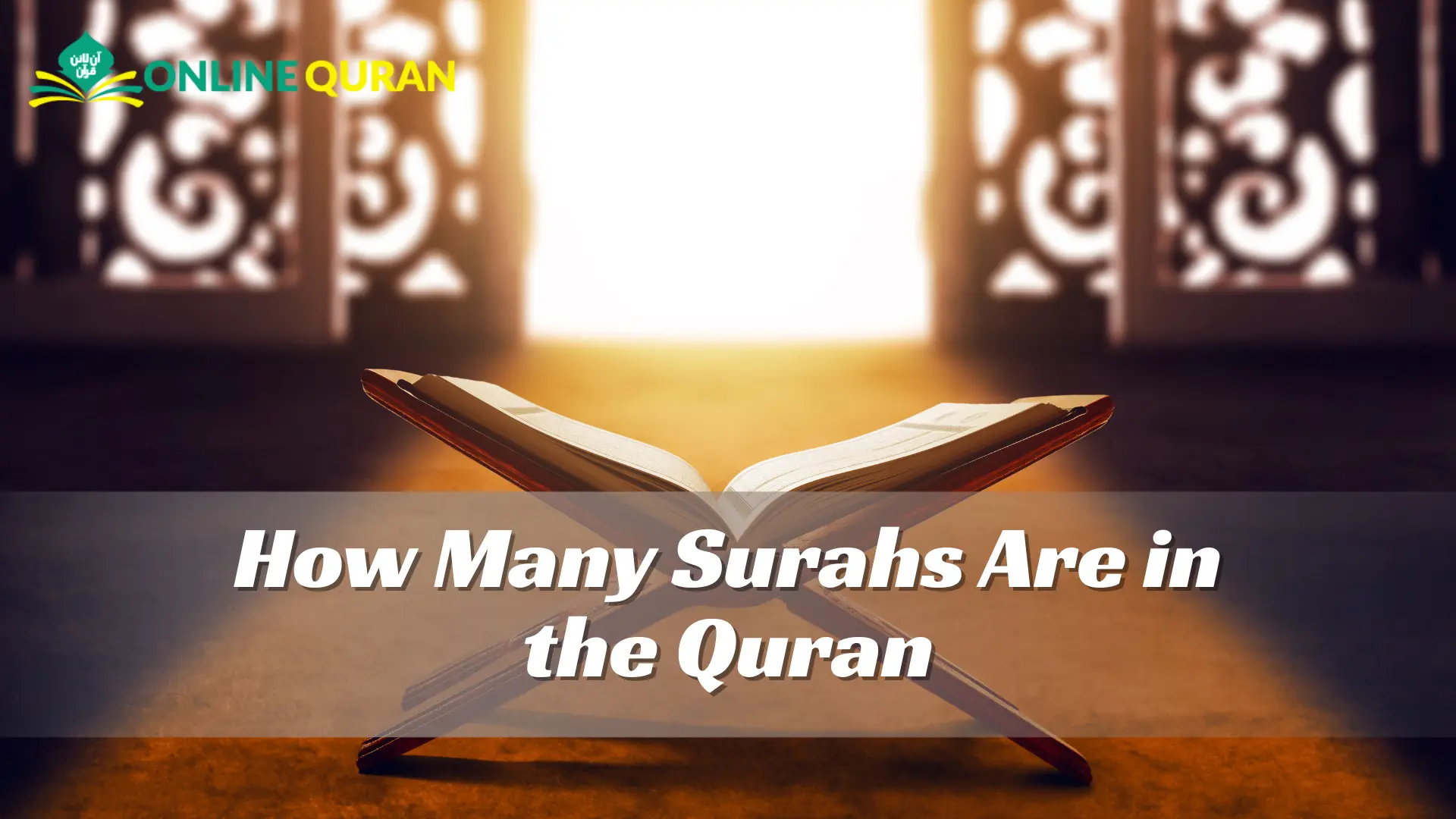What is Qirat in Islam? Understanding the Beautiful Styles of Quran Recitation
When listening to the Quran being recited by multiple Qaris, it can be acknowledged that while each recitation can be appreciated in almost the same way, there still exist some differences. These differences are what is known as Qirat.
A lot of Muslims ask the question, what is Qirat in Islam? and at the same time, why exist multiple styles of recitation for the same Quran?
The question what is Qirat in Islam actually has its responses in the early history of the Quran. Qirat practices in Islam highlight the diversity and depth of Allah’s final revelation.
This post addresses the meaning of Qirat, its origin, and the number of Qirat in Islam. Lastly, we highlight the importance of Qirat in Islam on one’s relationship with the Quran.

Meaning of Qirat in Islam
The meaning of Qirat in Islam is derived from the Arabic word qirā’ah (قراءة) which means reading or recitation. This encompasses the various accepted methodologies of reciting the Holy Quran, each of which is validated and endorsed by expert Quran reciters or Qurrā’.
The recitations do not entail changing the Quran or displacing its words. The variations correspond to differences in pronunciation, dialect, and rhythm as disclosed to Prophet Muhammad (PBUH).
To answer “What does Qirat mean in Quran?” you would have to understand what authentic modes of Qirat are, all the while preserving the divine message in varied phonetics.
Qirat Meaning in Arabic and English
Qirat stems from Arabic, as Qira’a means “to read aloud”. In English, it would be defined as a method of Quran recitation approved in literature and encompassing phonetics.
Each Qirat is linked to a chain of transmission (Isnad) leading back to the Prophet (PBUH). That’s why all Qirat are equally valid and authentic — none contradicts the message of Islam.
Difference Between Qiraat and Tajweed
Qiraat and Tajweed are, however, confused by a plethora of people.
-
Qiraat means the different recitation methods or styles that are permissible in Islam.
-
Tajweed means the set of rules for pronunciation pertaining to the recitation of the Quran.
To put it simply: Qiraat is the “style”, and Tajweed is the “technique”.
How Many Qirat Are There in Islam?
A common question that Quran students would ask is “How many Qirat are there in Islam?”
Islam recognizes ten Qirat, each named for the celebrated Qari who learned and passed on each type. Initially, only seven were acknowledged, but three additional authentic Qirat were added, bringing the total to ten.
Qirat were passed through the mutawatir system, meaning thousands of scholars on record confirmed their validity through an uninterrupted chain.
Seven Types of Qirat in the Quran
The first seven Qirat were recognized by early scholars and they are as follows:
-
Qirat Naafi‘ al-Madani – transmitted by Qari Warsh and Qalun
-
Qirat Ibn Kathir al-Makki – used in Makkah
-
Qirat Abu ‘Amr al-Basri – from Basra
-
Qirat Ibn ‘Amir ash-Shami – from Syria
-
Qirat Asim al-Kufi – transmitted by Hafs and Shu‘bah (most common today)
-
Qirat Hamzah al-Kufi
-
Qirat al-Kisā’i al-Kufi
All of the above Qirat represent different phonetic pronunciations and minor linguistic variations that highlight the diversity of the Arabic language.
Also Read: Top Benefits of Reciting Surah Al-Kahf on Friday
10 Qirat in the Quran
Later on, an additional three Qirat were authenticated, completing the 10 Qirat:
-
Qirat Abu Ja‘far al-Madani
-
Qirat Ya‘qub al-Hadrami
-
Qirat Khalaf al-Bazzar
All forms are accepted as Quran recitations, and the Hafs an Asim Qirat was the one predominantly utilized worldwide, especially in South Asia, Africa, and the Middle East.
Who Introduced Qirat in the Quran?
The introduction of the Qirat system in the Quran was done by the Prophet Muhammad (PBUH) himself, as the Quran was revealed to him in various dialects to suit the needs of different Arab tribes.
The Prophet stated in an authentic hadith that the Quran was revealed in seven Ahruf (dialects) to assist various tribes in recitation and memorization. Over time, these Ahruf were utilized to form Qiraat.
How Qirat Originated in Islam
In the early days of Islam, different tribes, each with their own unique pronunciations and dialectical nuances, would come to hear the Quran. Allah, in His infinite mercy, revealed the Quran in multiple dialects to make it accessible to all.
As time passed, these styles were preserved and documented by expert scholars, resulting in the formal establishment of the 10 authentic Qiraat which continue to be recited around the world today.
Significance of Qirat in the Quran
One of the primary functions of Qirat was to establish the Quran’s linguistic miracle. The Quran is revealed in different pronunciations and forms but retains the same meaning and significance. This reinforces the concept of divine revelation and its protection in all forms.
Due to its Qirat, the Quran also retains and preserves the different dialects of the Arabic language. This shows the Quran’s universality — it speaks to people of varied backgrounds and nationalities, and is therefore a unifying message for all humanity.
Reward of Learning Qirat
The primary benefit includes the Quran becoming a means of communication between a Muslim and Allah. Some of the spiritual and linguistic benefits include:
-
Achieving a higher level of spirituality through rhythmic recitation
-
Perfecting Arabic pronunciation
-
Learning about Arabic phonetics and melody
-
Enhancing memorization through melodic patterns
-
Becoming part of a rich recitation tradition that spans centuries
Renowned Qaris and Their Styles
Some of the most well-known Qaris and their Qirat styles include:
-
Sheikh Abdul Basit (Hafs an Asim)
-
Qari Mishary Rashid Alafasy (Hafs an Asim)
-
Qari Warsh (Warsh an Nafi‘)
-
Qari Minshawi
-
Qari Al-Husary
Each Qari’s recitation style reflects the deep legacy of classical Qirat systems and their preservation through generations.
Difference Qirat Examples
Consider this example:
In the Hafs recitation of Surah Al-Fatihah, the verse is recited as “Maaliki Yawmid-Deen,” where “Maa” is elongated.
In the Warsh system, it is “Maliki Yawmid-Deen,” without elongation.
Both are correct, authentic, and trace back to the Prophet (PBUH).
Why Qirat Differs from Tajweed
While Tajweed helps pronounce the letters correctly, Qirat specifies which style of pronunciation is used.
Think of Tajweed as grammar, and Qirat as the dialects — both are essential for preserving the Quran’s recitation accurately.
What is the Purpose of Qirat?
The aim of Qirat is to keep the Quran’s message authentic, varied, and accessible to different people and tribes. It reaffirms the adaptability of Allah’s message without changing its core meaning.

Final Thoughts
In conclusion, Qirat in Islam represents the beautiful diversity and unity of Quranic recitation. It allows Muslims to connect with the divine message through various valid styles passed down through generations.
Whether Hafs, Warsh, or any other Qirat — all lead to the same ultimate truth: the words of Allah.
Learning what Qirat in Islam means gives every believer a greater appreciation for the beauty, unity, and miraculous preservation of the Holy Quran.
Also Read: How Many Verse in the Quran?
FAQs
7 Qirat of Quran
The 7 Qirat of Quran are seven authentic styles of recitation revealed to Prophet Muhammad (PBUH), including Qirat Hafs, Warsh, Qalun, Ibn Kathir, Abu Amr, Ibn Amir, and Al-Kisai. Each differs slightly in pronunciation and rhythm but carries the same meaning.
How Many Qirat of Quran
There are 10 Qirat of the Quran in total. Initially, seven were widely known, and later three more authentic Qirat were added, making ten recognized recitation styles in Islam.
10 Qirat of Quran
The 10 Qirat of the Quran are distinct methods of recitation passed down from reliable chains of scholars. All ten are authentic and trace back to the Prophet (PBUH), preserving the Quran’s message through different dialects.
Qirat Meaning in Urdu
قرآت کا مطلب ہے قرآن پاک کی تلاوت یا قراءت کے مختلف طریقے۔ یہ مختلف لہجوں اور تلفظات میں قرآن کو پڑھنے کے جائز اور معتبر انداز ہیں۔
What is Qirat in Namaz
Qirat in Namaz refers to the recitation of verses from the Quran during prayer. It’s an essential part of Salah, performed after Surah Al-Fatihah in every Rak’ah.
7 Qirat of Quran Hadith
According to authentic hadith, the Prophet Muhammad (PBUH) said the Quran was revealed in seven Ahruf (dialects). These Ahruf formed the basis of the 7 Qirat recognized in Islamic tradition.
Qirat Meaning in Arabic
In Arabic, Qirat (قراءة) means “reading” or “recitation.” It refers to the approved ways of reciting the Quran that were taught by Prophet Muhammad (PBUH).



